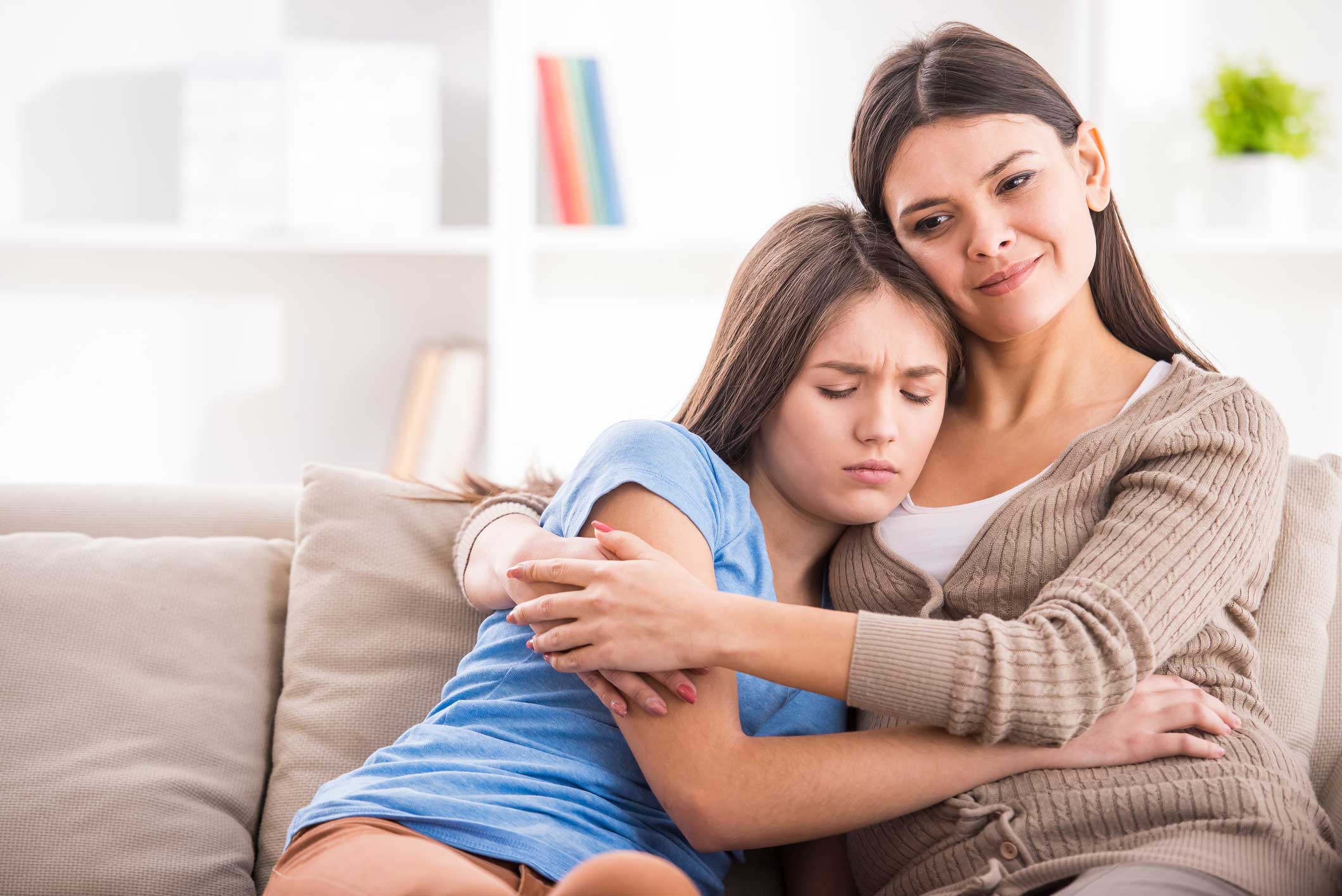What should your young children know about the suicide bombing Monday night in Manchester, England, that killed 22 people and injured at least 119 at a concert by pop artist Ariana Grande attended by thousands of teens?
“As a father myself, this is a critical issue,” says Jim O’Dea, PhD, vice president of operations for the Hartford HealthCare Behavioral Health Network. “And even with my background in psychiatry, it’s very hard to address. Most experts say that you should not bring this up to children under 9, and leave the television off.”
Advice from Hartford Hospital Institute of Living child psychologist Dr. Laura Saunders:
High-profile crimes like the Manchester bombing that the Islamic State in Iraq and Syria (ISIS) said was carried out by one of its “soldiers” and, closer to home, the 2012 shooting at Sandy Hook Elementary School in Newtown that killed 20 first-graders and six adults are difficult to process for young children. Yet parents who try to shield all information about a violent act will likely fail.
“And if parents decide not to talk about it,” says O’Dea, “and children hear about it somewhere else, they may come up with their own explanations and become scared or even permanently traumatized.”
O’Dea suggests talking to your children about the event, particularly if they are 9 or older. If a child under 9 years old asks about it, says O’Dea, answer as best you can while emphasizing they are always safe at home and in their school.
O’Dea’s tips:
- Encourage them to talk about how they feel, and ask questions.
- Answer questions straightforwardly. If you don’t have the answer, admit it and try to get it for them later.
- Acknowledge their fears, but reassure them that these incidents are not common, and they are safe. For example, many schools have security measures in place to stop something like this from happening.
- Point out the positive. The first responders to the shooting were heroes, much like the 9/11 firefighters.
- Limit their exposure to tragic events in the media, especially television. If they are exposed to media reports or graphic images, try to be there with them so you can explain to them what they are seeing, hearing or reading. If you don’t, they could become confused and frightened.
“Having an open dialogue with your children can help ease the immediate pain,” he says, “and help avoid long-term mental health issues that can result from such unimaginable crimes.”
More with Hartford Hospital Institute of Living child psychologist Dr. David Bendor:


